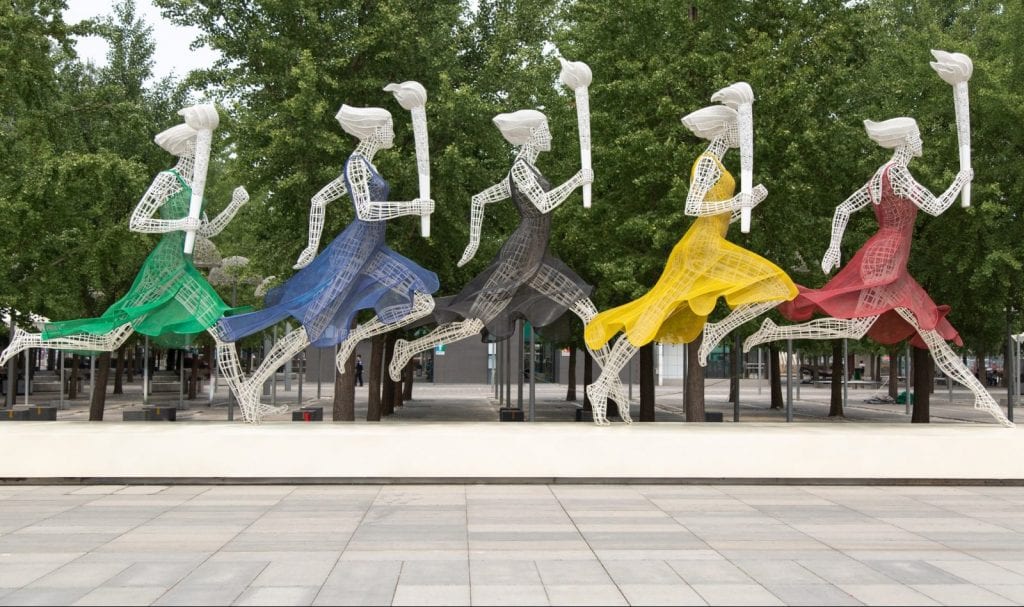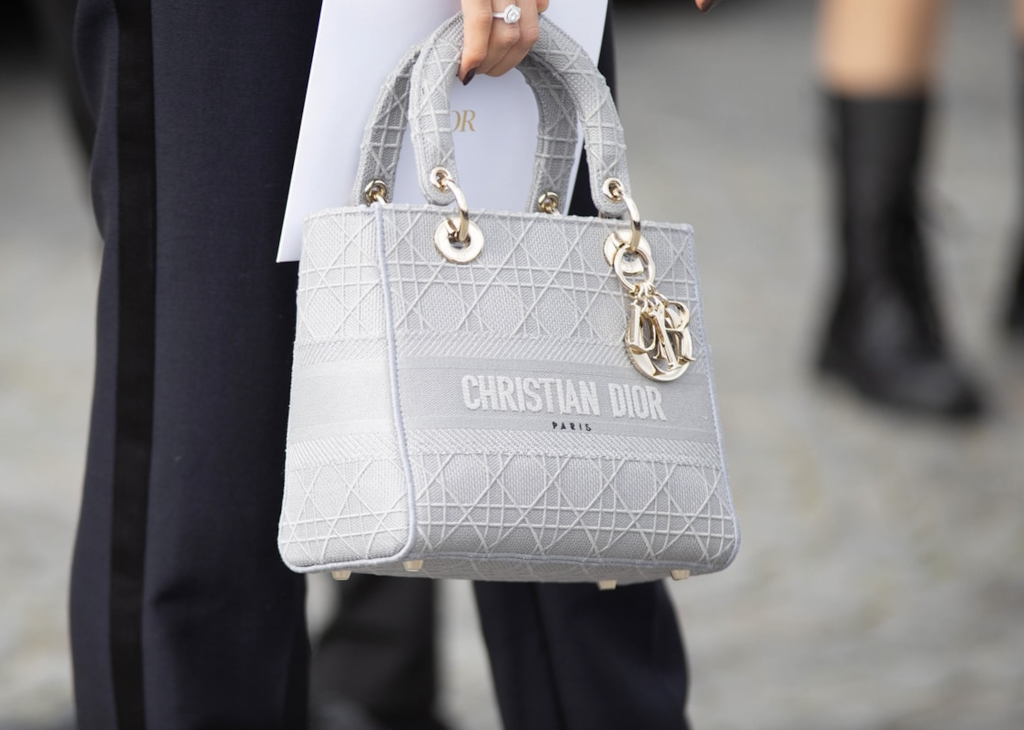Jay-Z is suing the company that bought Rocawear from him, alleging that by failing to offer up a sufficient number of African-American arbitrators, the alternative handling of the parties’ ongoing dispute is running afoul of New York State law. The 2007 deal, which saw Iconix pay $204 million for the exclusive rights in the Rocawear name, ultimately went south with Iconix filing a trademark infringement suit against Jay Z and his Roc Nation label in New York federal court.
Meanwhile, Jay Z and Iconix have been engaged in arbitration since October in connection with an earlier settlement that required that any issues be handled by way of the alternative dispute resolution practice that is arbitration.
Now, Jay Z, in an effort to put a stop to the parties’ arbitration, is citing racial bias. According to Jay Z’s petition, which was filed with New York State Supreme Court on Wednesday, his legal team was only able to find three “token” black arbitrators – out of the hundreds that the American Arbitration Association (“AAA”) uses – who are qualified to oversee this particular case. Of those three, one had already been involved in related litigation between Iconix and Jay Z.
In connection with such alleged “discrimination,” Jay Z’s counsel asserts in court documents this week, “It would stand to reason that prospective litigants – which undoubtedly include minority owned and operated businesses – expect there to be the possibility that the person who stands in the shoes of both judge and jury reflects the diverse population.”
The music mogul – who was born Shawn Carter – further asserts that “this blatant failure of the AAA to ensure a diverse slate of arbitrators is particularly shocking given the prevalence of mandatory arbitration provisions in commercial contracts across nearly all industries.” As such, Jay Z argues that the clause in his earlier settlement with Iconix that mandates that the parties will resolve any further issues in arbitration is invalid, as such a lack of racial diversity among arbitrators runs afoul of New York’s state constitution and a New York City human rights law.
Still underway, a Securities and Exchange Commission (“SEC”) investigation into “potential violations of the federal securities laws related to the sale of Rocawear to Iconix and the subsequent financial reporting of New York-based Iconix. The SEC initially issued a subpoena for Carter’s testimony on November 16, 2017, and then, in February 2018, issued a second subpoena for Carter’s testimony. “Carter failed to appear as required by the subpoenas and, through his counsel, Carter has declined to provide any additional dates on which he will agree to appear for investigative testimony,” the government entity stated in May.
A federal judge in New York has since ordered Jay-Z to testify. According to U.S. District Judge Paul Gardephe, Jay Z’s “testimony has been delayed for five months, and I do not intend to tolerate any further delay.”











